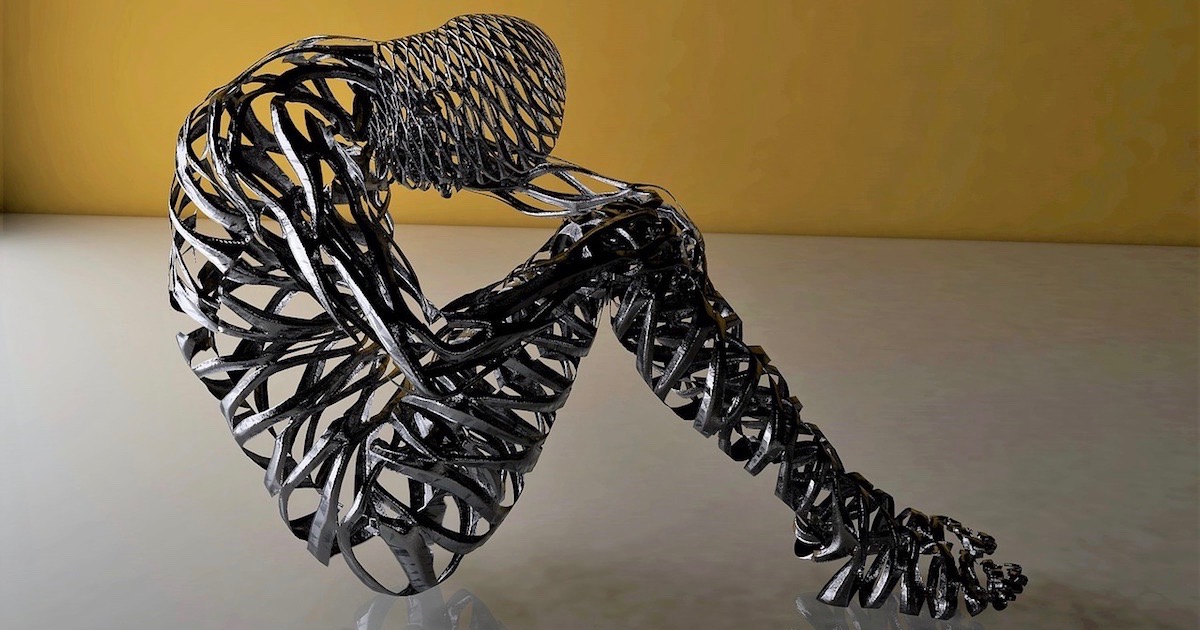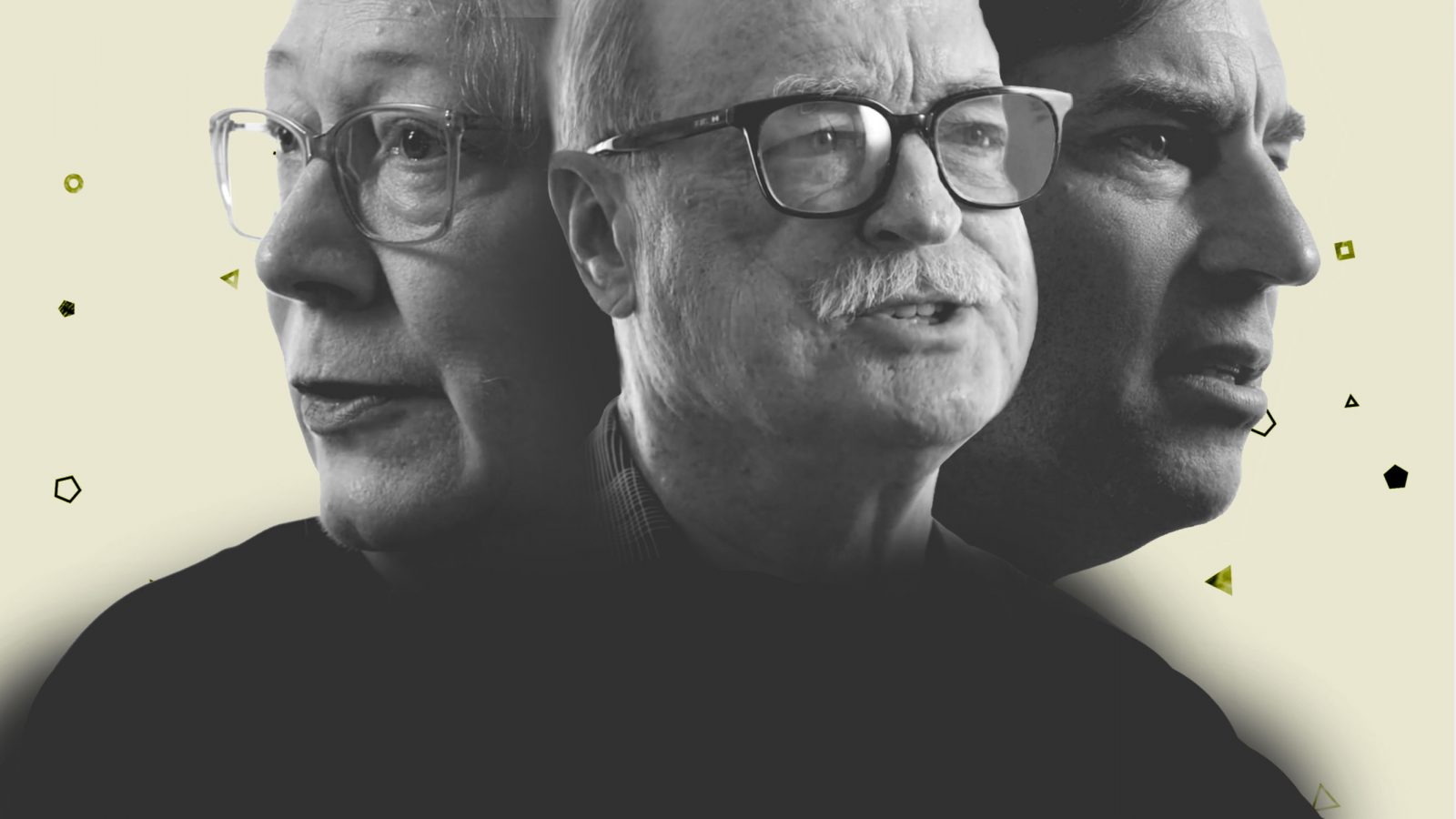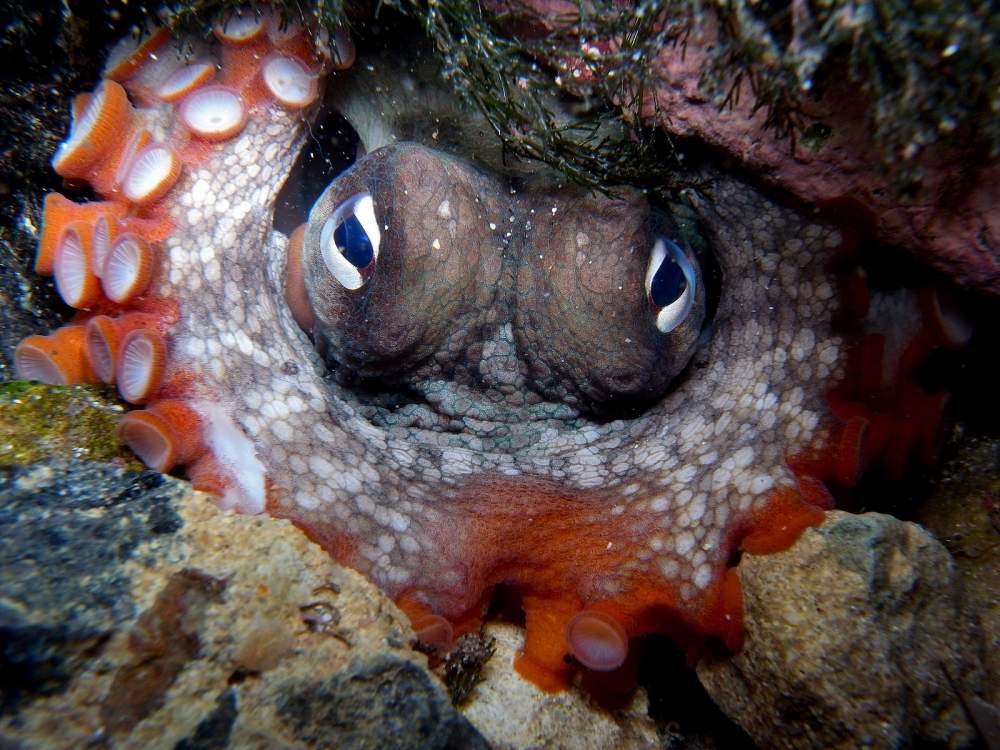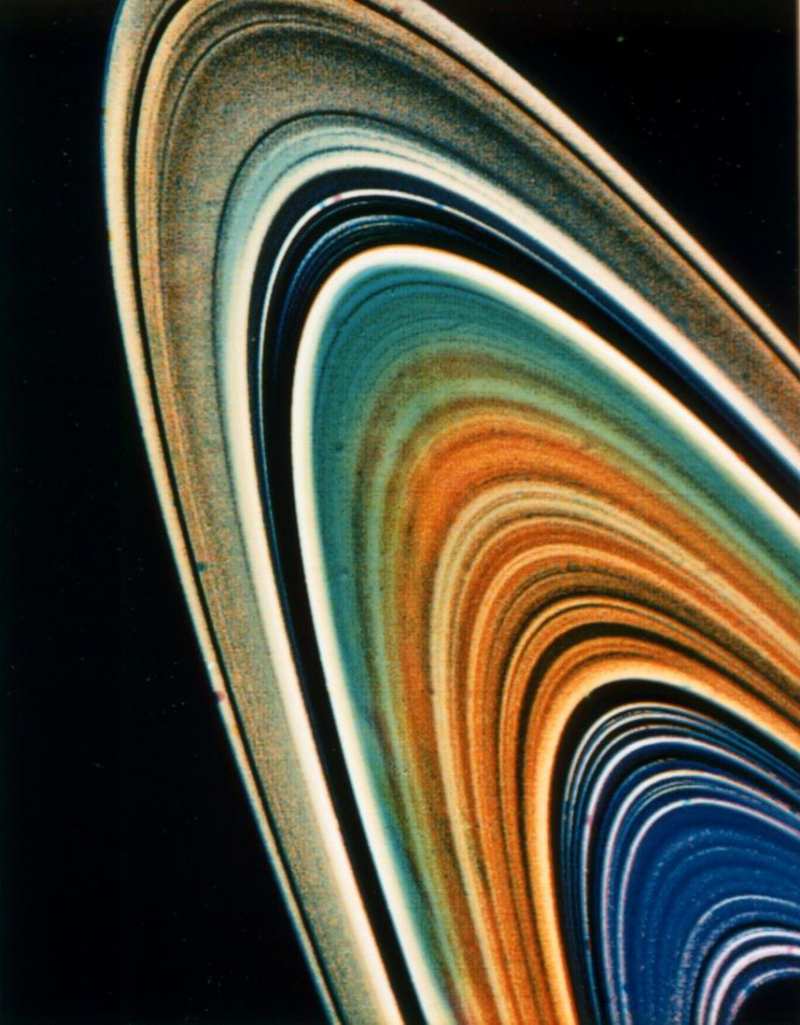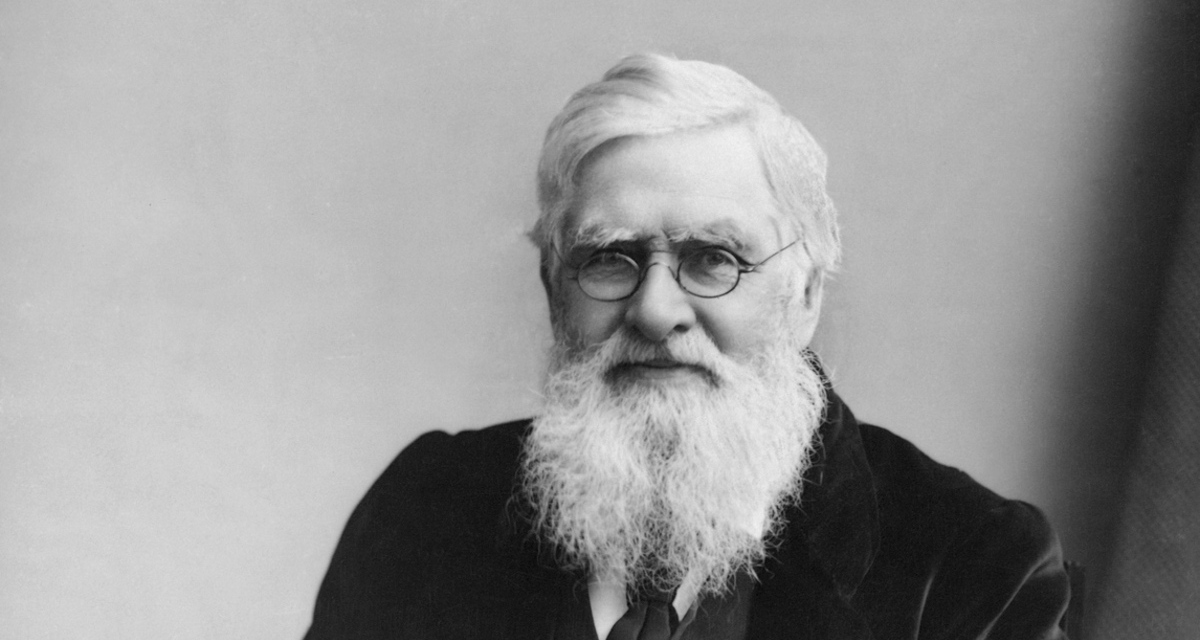
Nature’s Prophet, Pt. 1: How Alfred Russel Wallace Embraced Intelligent Design
On this episode of ID the Future, historian Michael Flannery discusses his just-released book Nature’s Prophet: Alfred Russel Wallace and His Evolution from Natural Selection to Natural Theology. It’s the intellectual history of Wallace, who is credited with independently propounding the the theory of evolution by natural selection. Darwin insisted on a purely materialistic version of the theory, but as Wallace studied the evidence, he grew convinced that intelligent design also played a role in the history of life, particularly in the origin of humans. Though not a religious person, he broke with the rising scientism of his day to argue that there must be some “overruling intelligence” behind nature.
Read More ›